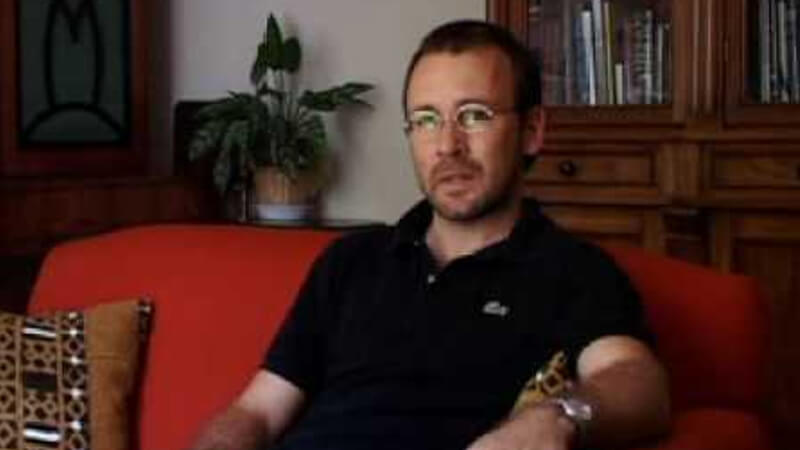Do you have long-sightedness? We can help
Long-sightedness is a common refractive error that is traditionally corrected with glasses or contact lenses – but there is another way…
About Long-Sightedness
Hyperopia (long-sightedness) affects an estimated one in five people in the UK. It occurs when the eyeball or cornea is flatter than it should be, causing light to be refracted into the eye and focused at a point behind the retina (the layer at the back of the eye that sends information to the brain via the optic nerve).
As a result, near objects appear blurred, while objects in the distance may still appear clear. However, later in life, distance vision may also become affected.
While many people with hyperopia are able to sharpen their perception of near objects with a conscious effort, the strain involved can cause eye discomfort and headaches. Effective correction is therefore important.
Long-sightedness is often inherited, with an individual being more likely to develop the condition if one or both parents also have it. In fact, most babies are born with hyperopia; however, the error tends to resolve as the child develops and is often gone by the time they reach the age of around 3 years old.
An Eye with Hyperopia

Treating Long-Sightedness
Many long-sighted patients will find that their vision will deteriorate over time. While this is a normal characteristic of hyperopia, it can be frustrating for individuals who have never required correction before to realise they suddenly need visual aids to perform everyday tasks.
Traditionally, this has meant wearing glasses or contact lenses. While effective, external visual aids such as these can have a number of drawbacks. Thankfully, hyperopia can also be treated with Laser Eye Surgery.
This is achieved by reshaping the cornea to adjust how light is directed into the eye. For many patients, this means no more obstructive glasses, fiddly contact lenses, or headaches from straining to focus! So, if you have long-sightedness, we can almost certainly help. Let’s take a closer look at some of our past results.
What Long-sightedness looks like…

London Vision Clinic’s Results for Treating Long-Sightedness


Ralf finds a cure for his long-sightedness
Ralf, a patient, reflects on some of his challenges with wearing glasses and why he chose to pursue laser eye surgery as a solution.

If you’d like to learn more about our treatments for hyperopia (long-sightedness), or to find out if Laser Eye Surgery could be an option for you, get in touch with one of our friendly clinic coordinators or Book a Consultation today.


